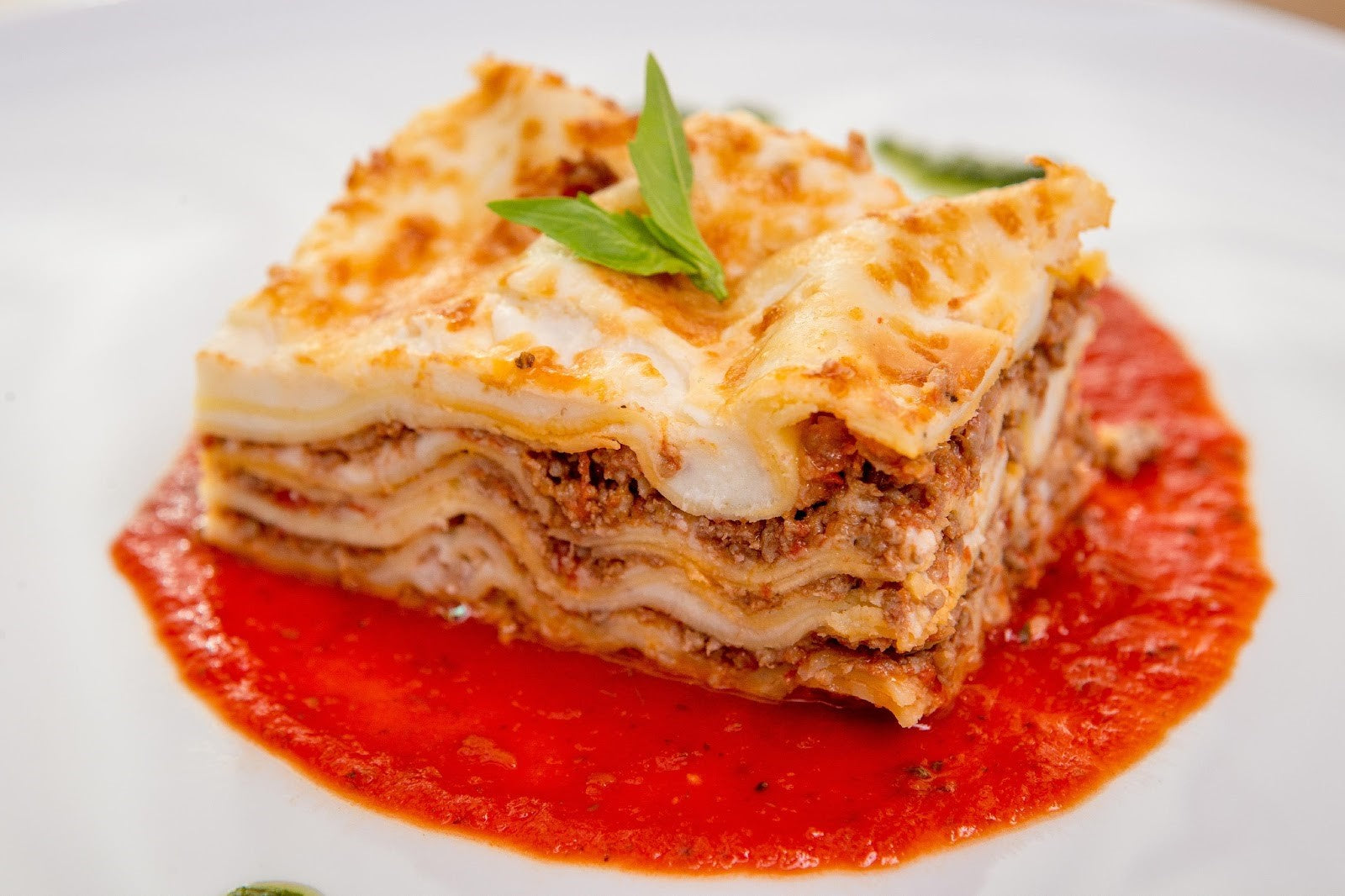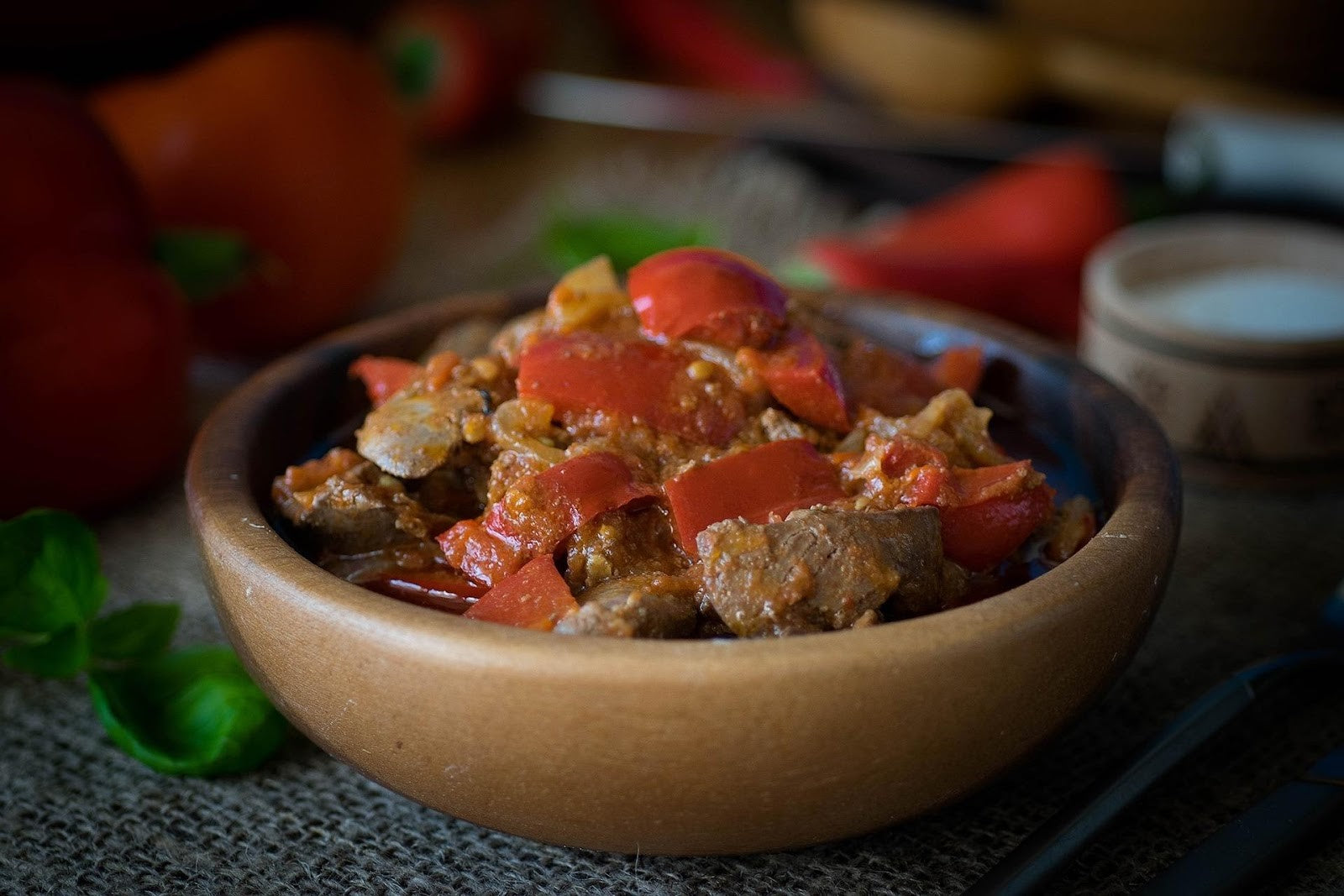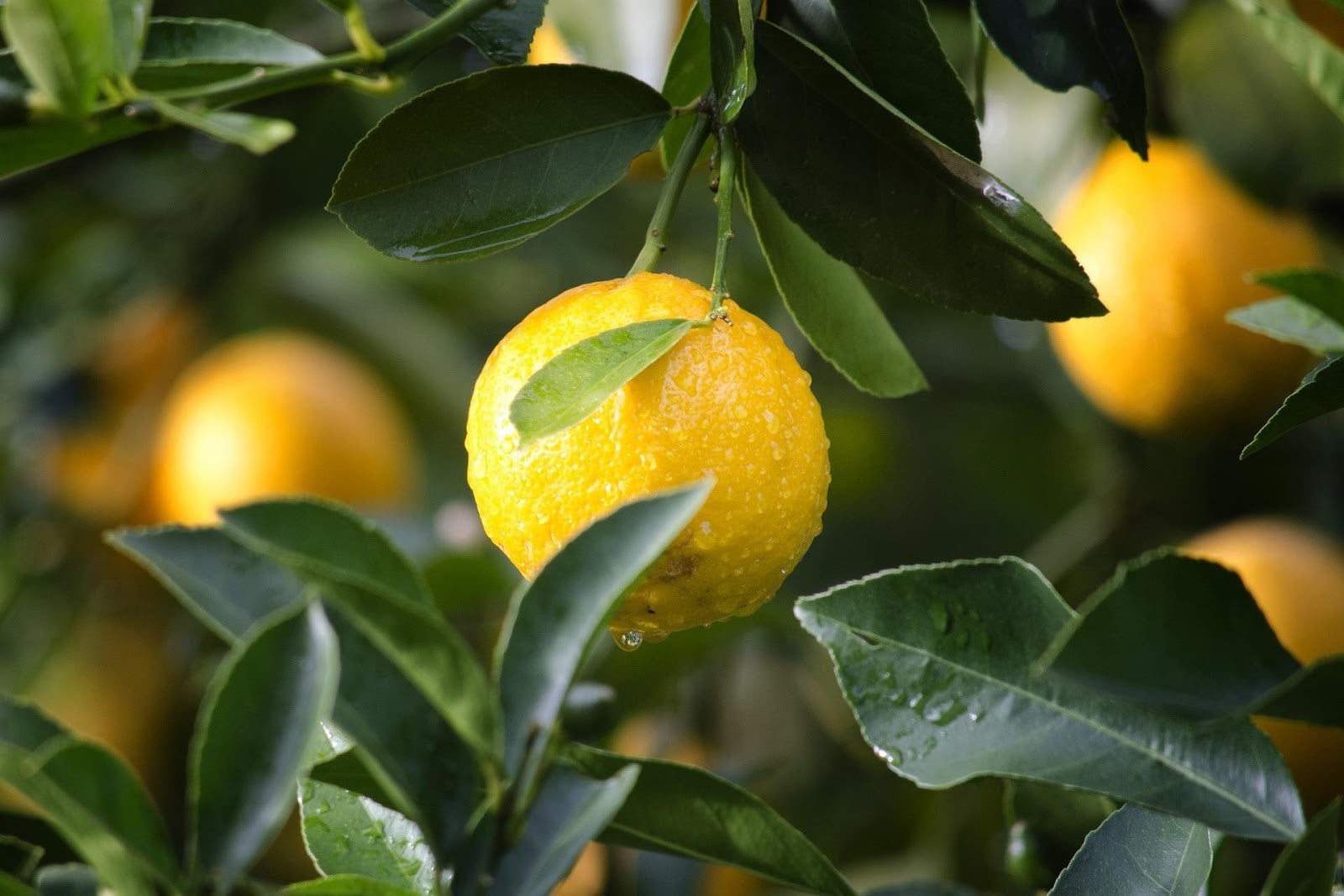
Jicama is one vegetable that is becoming more popular by the day. It is a round root vegetable with a brown papery skin and a crunchy white inside. It has a mild taste that may be compared to pear or water chestnut. It is also called Mexican turnip, Mexican yam, or Mexican water chestnut. Jicama is gaining ground in many households and eateries today because of its rich content of vitamins, fiber, and antioxidants.
Cats are curious creatures, they may look to you for a bite of your meal but as a cat owner, you should know by now that not everything is healthy for your cat. But what about jicama, you might want to ask, can cats eat jicama? Is jicama safe for cats? Stay with me to find out.
Can Cats Eat Jicama?
Cats can eat jicama. Jicama is not toxic to cats and they can safely consume the root vegetables but only in small amounts. Cats require a meat meal for their protein needs. However, you can treat your cat to a slice of jicama occasionally. Also, cats can benefit from the vitamins and antioxidants found in jicama.

What are The Benefits of Eating Jicama?
Cats may be obligate carnivores but they can also enjoy some benefits from eating jicama. Jicama is low in calories and sugars which is good for your cat because you don't need to worry about them becoming obese or diabetic from eating the vegetable.
Jicama contains a high amount of water. This is a bonus because cats tend to become dehydrated from not drinking enough water. So, feeding them jicama once in a while is a good way to keep them hydrated.
The fiber content in jicama is equally good for your cat. When eaten in moderate amounts, it can help in stimulating easy digestion. It can also prevent constipation problems.
Jicama has high amounts of antioxidants which is good for preventing cell destruction and improving your cat's general immunity. It also contains potassium which helps in controlling blood pressure and decreasing the pressure on the cardiovascular system.
Jicama is also rich in vitamins such as vitamins B6 and C. Vitamin B6 boosts brain function and mental health while vitamin C is an important antioxidant.
Can Jicama Hurt My Cat?
Although jicama is not toxic to cats, it can cause health issues if care is not taken when eaten in excess. As obligate carnivores, cats cannot handle too much of this root vegetable. It can cause vomiting, stomach upset, and diarrhea.
Jicama has a high fiber content and if your cat eats too much, it can lead to gastrointestinal issues like stomach upset and diarrhea.
Jicama seeds and roots contain retenone, a pesticide that is toxic to cats. Also, the peels and leaves of the jicama plant are poisonous to felines and should never be given to them.
How Do I Feed Jicama To My Cat?
Jicama which has been plainly cooked is the best option for your cat. Ingredients like salt, ginger, and garlic are toxic to cats. Hence, it is best to serve plainly cooked jicama to your cats. You can cut them up into bite-sized sizes and feed them to your cat.
Avoid feeding flavored or spiced jicama pieces to your cat because it can result in digestive issues.
Some people may choose to feed sleek fried jicama pieces to their felines. While this is not entirely harmful to them, the oil content is a cause for concern. Cats do not need high oil or fat content.
Also, you may mix up mashed jicama with your cat's wet food or sprinkle some on their food. But in all, ensure that it does not become a stable part of their diet.
Can Cats Eat Raw Jicama?
Cats can eat raw jicama. Raw jicama is one of the many forms in which jicama is enjoyed and cats may enjoy the crunchy taste. However, they may find it hard to chew it properly. To help, you can cut it up into small cubes that your cat can easily chew. It can also be pureed.
However, ensure that whether your cat is eating raw or cooked jicama, they should not eat the skin or seeds because it is inedible and toxic.
Can Kittens Eat Jicama?
It is not advisable to feed jicama to kittens. Kittens depend on their mother's milk to grow and develop properly. At this stage of their lives, kittens are delicate and require only foods that provide them with the nutrients they need. Unfortunately, jicama does not contain all the essential nutrients that kittens have.
Kittens may also experience choking hazards from trying to swallow bites of jicama. This is because their throats are smaller.
Kittens are better off with their specially-made commercial cat food for the necessary nutrients and balance they need.
What Should I Do If My Cat Has Eaten Jicama?
The first thing to do is to watch their behavior over the next couple of hours or days. If your cat eats a small piece of jicama, it may experience symptoms like vomiting, stomach upset, or diarrhea. Usually, these symptoms go away on their own and your fur baby is quickly back to their normal self. However, if the symptoms persist for longer than a few days, it may be best to take them to the vet immediately.
But in case you do not know the exact amount of jicama that your furry guy consumed, the best course of action is to take them to the vet immediately. This is to avoid any adverse side effects because your cat's stomach is not designed to digest so much sugar at a time. Do not try to treat them yourself so that you don't cause more harm than good to them.
Conclusion
Jicama is a rich source of dietary fiber and vitamins that cats can benefit from. However, root vegetable should not become a regular part of their diet because it does not contain all the necessary nutrients they need.



